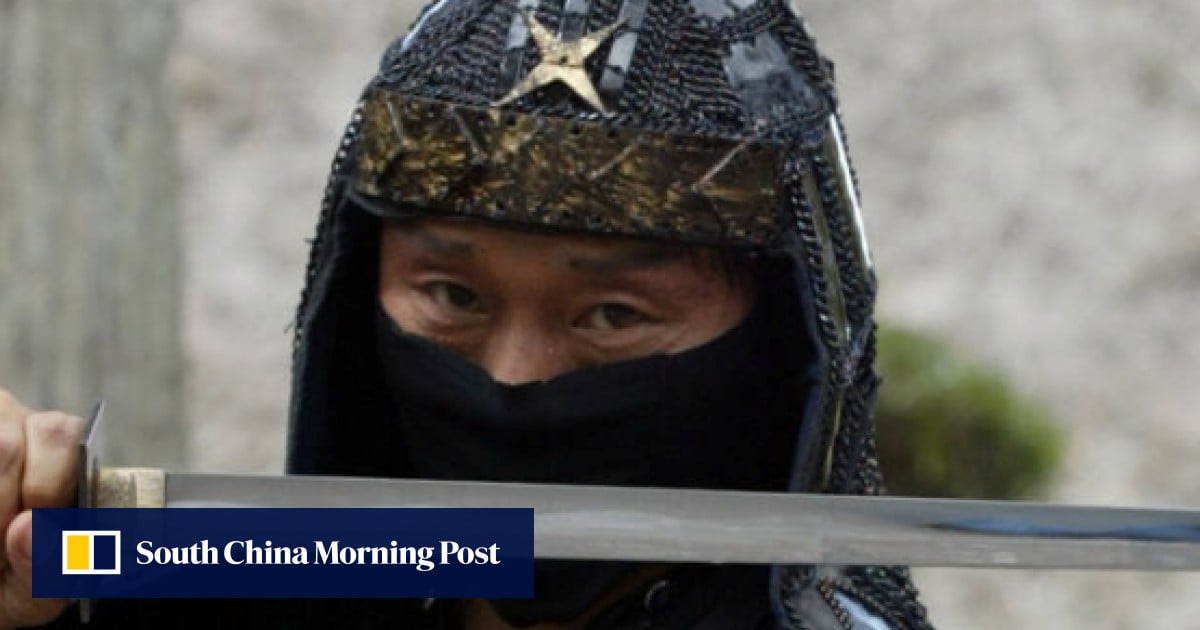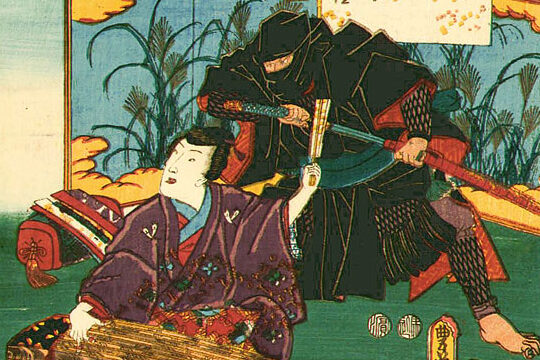Unveiling The Secrets Of Ninja History: From Stealth To Culture

Ninjas have long fascinated people around the world. Often depicted in movies and books, these elusive figures are more than just fictional characters; they are rooted in a rich historical context. Understanding ninja history reveals their significant role in Japanese culture, their unique techniques, and their lasting influence. This article will explore the origins, roles, techniques, and cultural impact of ninjas, providing a comprehensive guide to their place in history.

The Origins of Ninjas
The history of ninjas, or shinobi, dates back to feudal Japan, where they emerged during the tumultuous periods of the 15th and 16th centuries. Initially, their origins are linked to the Koga and Iga clans, known for their exceptional stealth and espionage skills. These clans developed a range of tactics and training methods that would define ninja culture.
One key figure in ninja history is Hattori Hanzo, a legendary ninja of the Sengoku period. He served the warlord Tokugawa Ieyasu and was instrumental in his rise to power. Hanzo's legacy is so profound that he remains a symbol of ninja prowess today.
Understanding these origins helps us appreciate the foundational role ninjas played in shaping Japanese warfare and strategy.

Roles and Responsibilities of Ninjas
Ninjas were not merely assassins; they played various roles that extended beyond simple espionage. Their responsibilities included gathering intelligence, sabotaging enemy plans, and conducting covert operations. This multifaceted role made them invaluable assets in battles.
For example, during the Siege of Osaka in the early 17th century, ninjas were employed to infiltrate enemy camps, gather crucial information, and sabotage enemy supplies. Their ability to operate in secrecy gave them an edge that traditional samurai warriors often lacked.
This diversity in roles illustrates the significance of ninjas in the broader context of Japanese warfare.

Ninja Techniques and Training
Central to ninja history is the practice of ninjutsu, the martial art developed by ninjas. Ninjutsu encompasses a wide range of techniques, including stealth tactics, espionage, and combat skills. Ninjas were trained extensively in various disciplines, including martial arts, strategy, and survival skills.
Training often took place in secretive environments, where students learned to utilize tools like shuriken (throwing stars) and smoke bombs. Manuals such as the "Bansenshukai," written in the 17th century, detail these techniques and training regimens.
A notable example is the technique of "shunpo," which emphasizes swift movement and agility. Mastering such techniques allowed ninjas to evade capture and execute their missions effectively.

Cultural Significance of Ninjas
The influence of ninjas extends far beyond the battlefield and into Japanese culture. They symbolize cunning and resourcefulness, traits admired in Japanese society. Over the centuries, ninjas have been romanticized in literature, theater, and film, contributing to their legendary status.
From the classic kabuki plays to modern movies like "Ninja Scroll," the portrayal of ninjas has evolved but remains rooted in their historical significance. Their representation often reflects societal values and fears, making them powerful cultural icons.
Moreover, ninjas have inspired martial arts practitioners worldwide, leading to the popularization of ninjutsu as a respected discipline.
Modern Perception of Ninjas
Today, the perception of ninjas continues to evolve. Once viewed primarily as stealthy assassins, they are now celebrated as symbols of Japanese pop culture. The rise of video games, anime, and movies has cemented their status as iconic figures.
Popular culture often blends fact with fiction, leading to a mix of admiration and misunderstanding about their true history. For instance, franchises like "Teenage Mutant Ninja Turtles" showcase a whimsical portrayal that contrasts sharply with the historical realities of these warriors.
Understanding this modern perception allows us to appreciate the enduring legacy of ninjas in contemporary society.
Conclusion
Ninja history is a fascinating blend of myth and reality, deeply rooted in Japan's past. From their origins in espionage to their cultural significance, ninjas have left a lasting impact on both Japan and the world. As we delve into their history, we gain insight into the values and traditions of Japanese culture.
To truly appreciate ninjas, we must look beyond the stereotypes and understand their multifaceted roles in history. Explore more about ninja culture and techniques to further enrich your knowledge of these enigmatic figures.
